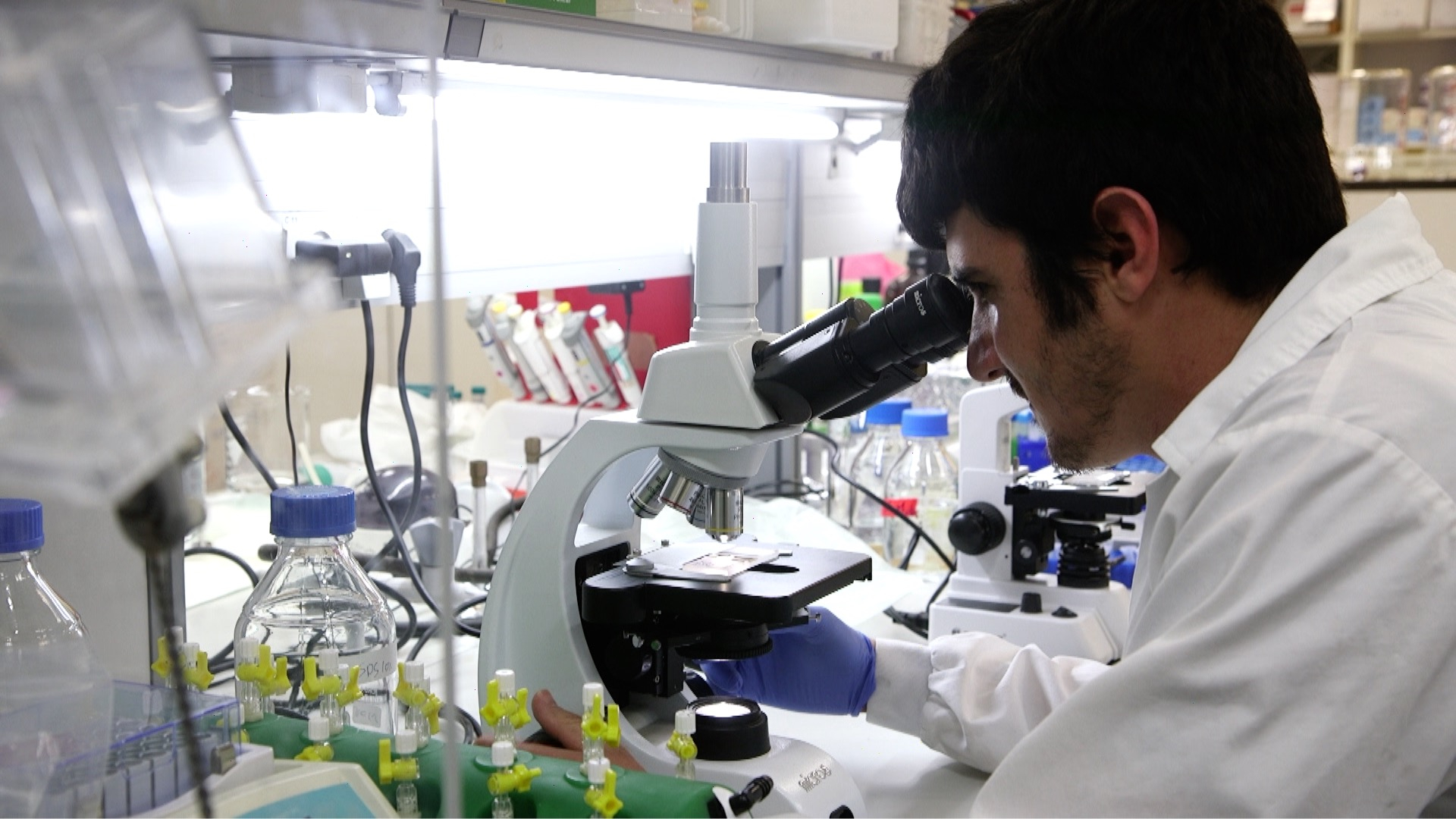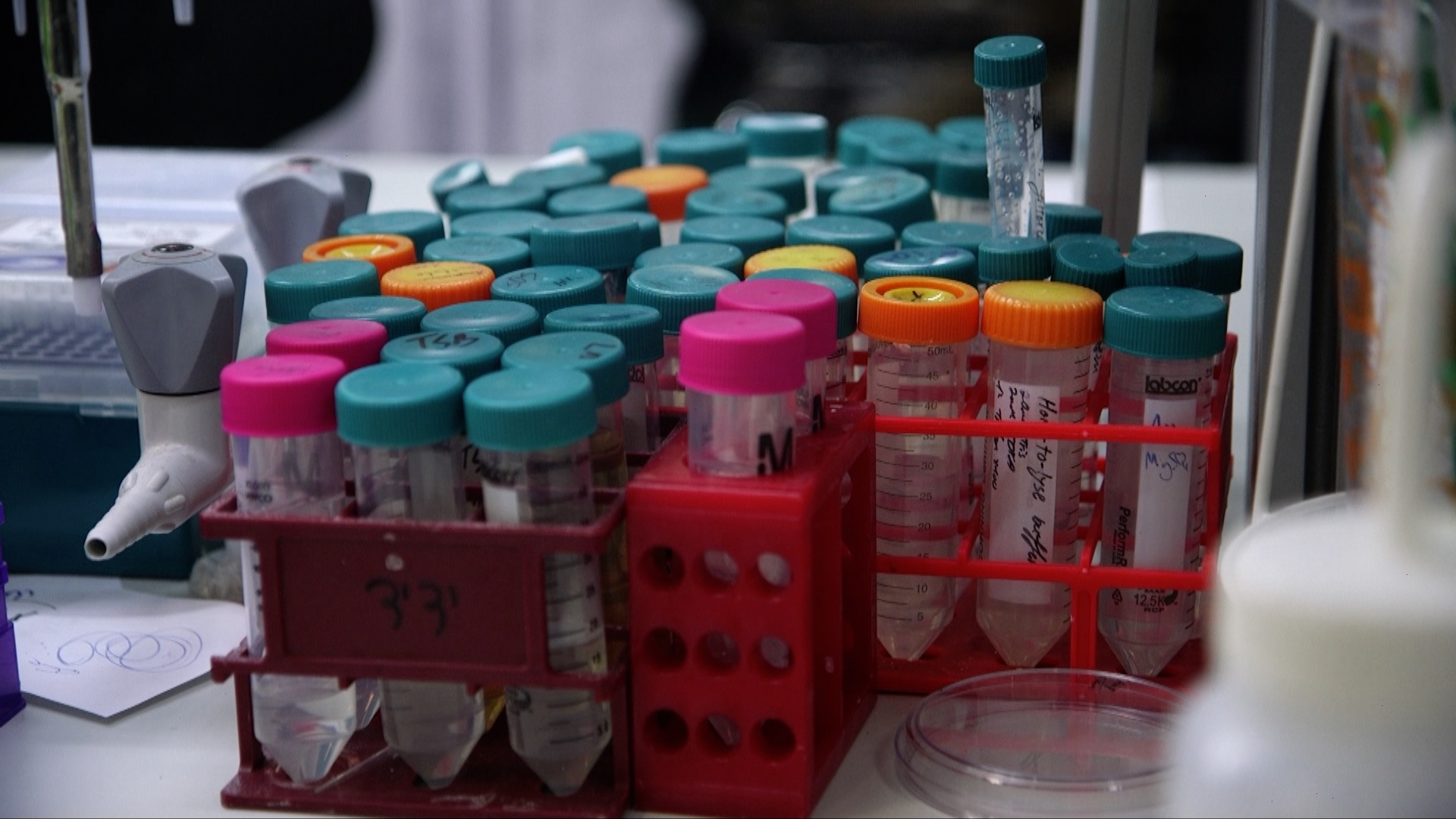
The positive side of the COVID-19 pandemic is the race to find a cure. Researchers, scientists, pharmaceutical companies and agencies from China to the U.S., Denmark, Russia and beyond are working around the clock to develop antidotes to the deadly virus.
At Israel's government-funded Migal in the Galilee, experts are confident they've developed a COVID-19 vaccine that they say will be ready for clinical trials by early April.
The four-year advantage
Migal's team of immunologists, microbiologists, veterinary virologists and metabolic pathway mapping specialists have been working on a vaccine for four years – since Israel's government tasked them with finding a cure "for the next big virus."
During the course of those years, the team studied other coronaviruses specifically related to chickens and developed a vaccine to protect chickens against avian IBV or Infectious Bronchial Virus – a hallmark of COVID-19.
When COVID-19 crashed onto the scene in early 2020, the same team realized that their chicken vaccine could be applied to the latest strain of coronavirus.

Trial vaccines at Migal Laboratory. /CGTN
Trial vaccines at Migal Laboratory. /CGTN
After the genetic sequence of the new coronavirus was released, they focused on re-configuring specific elements of the vaccine they already had and adapting it to COVID-19 characteristics.
Ehud Shahar, lead immunologist at the Migal Corona Project, told CGTN that the same immune response will basically target the same proteins – human corona proteins – or the similar avian coronavirus – and will neutralize it in the same manner.
Their lab tests on chicken vaccines were 90 percent successful, leading Migal's scientists to understand the COVID-19 developed vaccine will likely bear a similar success rate.
Chickens vs. humans
How does a vaccine originally developed for chickens apply to COVID-19 in humans? Genetically, 65 percent of chicken and human DNA is the same. The 35 percent variable is what researchers have targeted.
Migal Corona Lead Microbiologist Chen Katz told CGTN, "They are quite different in their sequence but have similar structures and functions. Therefore we are quite positive it (the vaccine) will work similarly to the avian virus."
Hurdles
When Migal researchers finalize their COVID-19 vaccine, they will still need approval to run clinical trials on humans. During non-pandemic times, trials can take months or even years.
The medical and scientific community is counting on government bodies to accelerate that process in the race to slow down the spread of the virus.
If approved, Migal's vaccine will be administered by mouth – Migal experts said oral administration triggers the body to produce higher levels of IBV antibodies needed to fight off COVID-19.